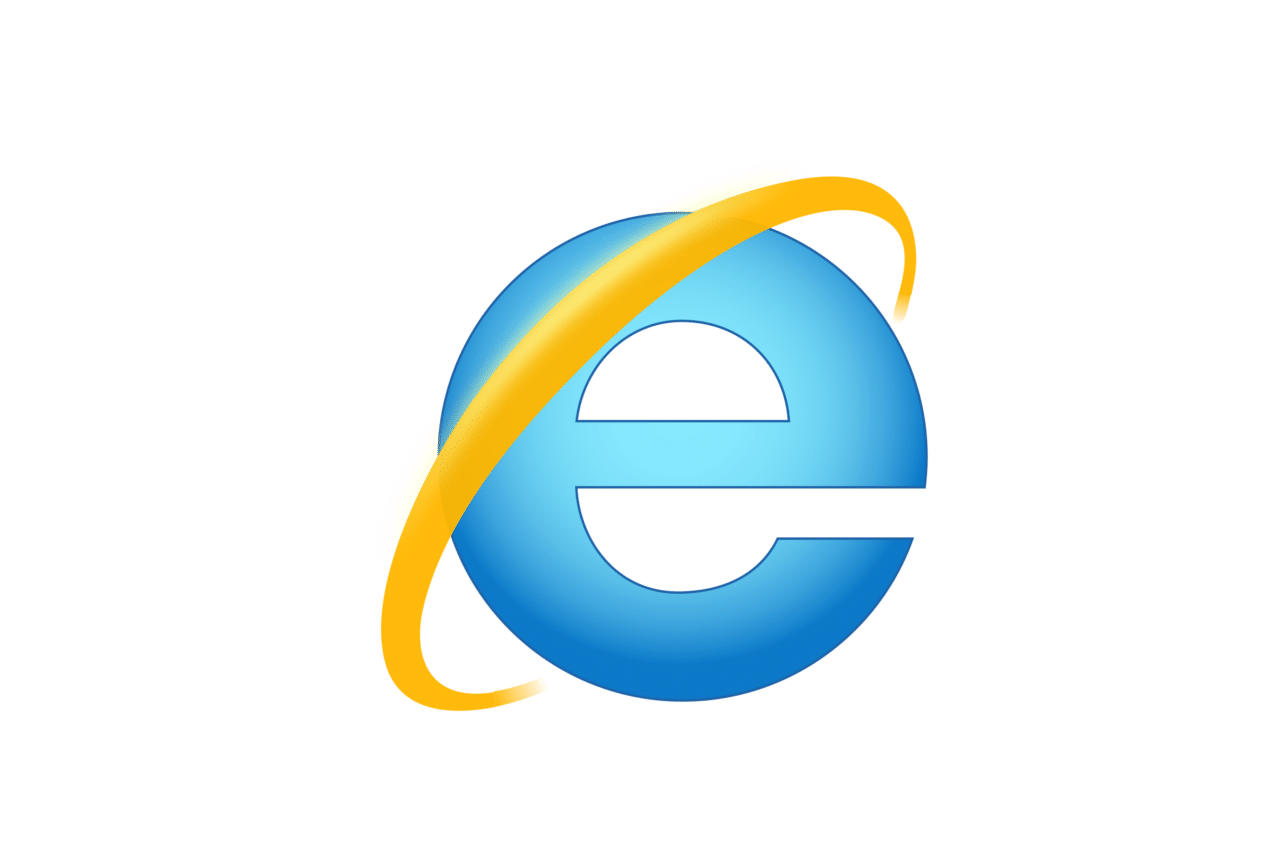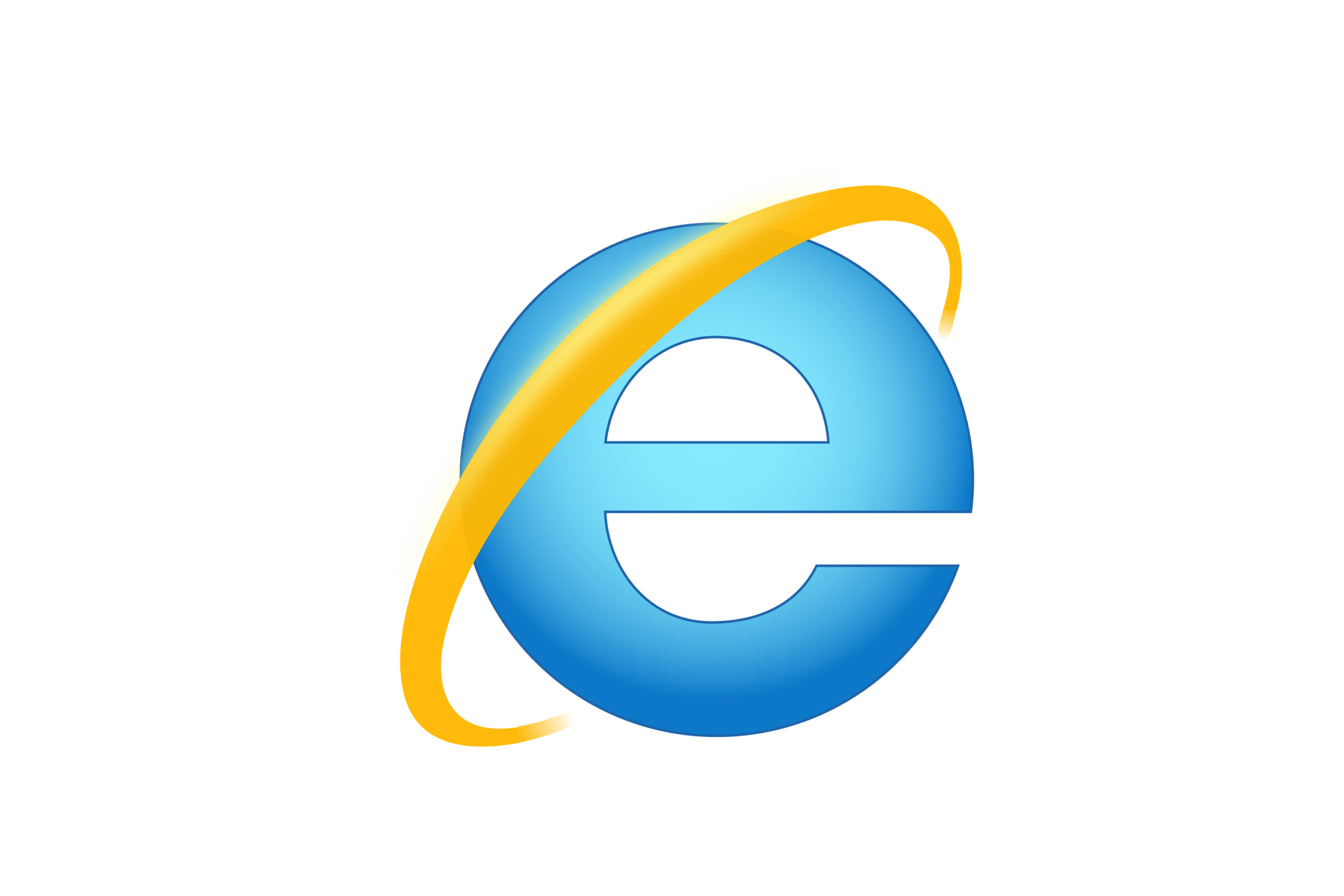Proxy Servers for Internet Explorer

Proxy servers for use in Internet Explorer. Unlimited traffic. Supported protocols: HTTP, HTTPS, SOCKS 4, SOCKS 5, UDP. Rotating proxies with pay-per-request. Reliable and stable connection with 99.9% uptime. Fast speed. Technical support 24/7.
Price: 59
Price Currency: USD
Operating System: Microsoft Windows, Mac OS, Android OS, Linux, Ubuntu, Chrome OS
Application Category: UtilitiesApplication
4.7
What is Internet Explorer Used for and How Does it Work?
Internet Explorer, often abbreviated as IE, is a web browser developed by Microsoft. It was first released in 1995 and quickly became one of the most popular browsers worldwide. While it has been largely replaced by Microsoft Edge, it still holds a place in the history of web browsers.
Internet Explorer’s Key Functions:
-
Web Browsing: Internet Explorer allows users to access websites, view web pages, and interact with online content. It interprets HTML, CSS, and JavaScript to render web pages accurately.
-
Security Features: Over the years, Internet Explorer has incorporated various security features to protect users from malicious websites and harmful downloads. These features include SmartScreen Filter and Enhanced Protected Mode.
-
Compatibility Mode: To ensure backward compatibility with older websites, Internet Explorer includes a compatibility mode that emulates earlier versions of the browser.
-
Add-ons and Extensions: Users can enhance Internet Explorer’s functionality by installing add-ons and extensions, such as toolbars and plugins.
Why Do You Need a Proxy for Internet Explorer?
Proxy servers play a crucial role in enhancing the functionality and security of Internet Explorer. Here’s why you might need a proxy when using this browser:
1. Enhanced Privacy and Anonymity
When you connect to the internet via a proxy server, your real IP address is hidden. This means that websites you visit won’t be able to track your location or identity based on your IP address. This is particularly useful if you value online privacy.
2. Bypass Geo-Restrictions
Many websites and online services restrict access based on your location. By using a proxy server located in a different region or country, you can bypass these restrictions and access content that might be otherwise blocked in your location.
3. Improved Security
Proxies can act as intermediaries between your computer and the websites you visit. They can filter and block malicious content, reducing the risk of malware infections and phishing attacks. This is especially important when using older versions of Internet Explorer that may lack some of the security features found in modern browsers.
4. Load Balancing and Performance
Proxies can distribute web requests across multiple servers, resulting in faster load times for web pages. This can be beneficial when using Internet Explorer to access content-rich websites or web applications.
Advantages of Using a Proxy with Internet Explorer.
Here are some key advantages of using a proxy server in conjunction with Internet Explorer:
1. Anonymity and Privacy
- Your real IP address is concealed, preserving your online anonymity.
- Websites and online services won’t be able to track your location or personal information.
2. Enhanced Security
- Proxies can filter out malicious content, providing an additional layer of security.
- They can protect against malware, viruses, and phishing attempts.
3. Access to Geo-Restricted Content
- You can access websites and content that are restricted in your geographical location by connecting to a proxy server in the desired location.
4. Improved Performance
- Proxies can cache frequently accessed web content, reducing load times for subsequent visits to the same websites.
- Load balancing can distribute traffic, preventing server overload and ensuring a smoother browsing experience.
5. Monitoring and Content Filtering
- Proxies can be configured to monitor and control internet usage within an organization, making them valuable tools for businesses.
What Are the Сons of Using Free Proxies for Internet Explorer?
While free proxies may seem tempting, they come with several drawbacks, including:
1. Limited Reliability
- Free proxies are often unreliable, with frequent downtime and slow connection speeds.
- They may abruptly stop working, disrupting your browsing experience.
2. Security Risks
- Many free proxies lack robust security measures, leaving you vulnerable to malware and data breaches.
- Some free proxies may log your online activity, compromising your privacy.
3. Poor Performance
- Free proxies are typically overcrowded, leading to slow browsing speeds.
- They may not support high-quality video streaming or other bandwidth-intensive activities.
4. Limited Location Options
- Free proxies usually have a limited number of server locations, restricting your ability to bypass geo-restrictions effectively.
What Are the Best Proxies for Internet Explorer?
When choosing a proxy for Internet Explorer, it’s essential to opt for premium, reputable services. Here are some top options:
1. Residential Proxies
- These proxies use IP addresses associated with real residences, making them less likely to be blocked by websites.
- They provide excellent anonymity and reliability.
2. Data Center Proxies
- Data center proxies are fast and efficient, making them suitable for various tasks.
- They are often more affordable than residential proxies.
3. Dedicated Proxies
- Dedicated proxies offer exclusive use of an IP address, ensuring optimal performance and security.
- They are ideal for businesses with specific requirements.
How to Configure a Proxy Server for Internet Explorer?
Configuring a proxy server for Internet Explorer is a straightforward process. Follow these steps:
-
Open Internet Explorer: Launch the browser on your computer.
-
Access Internet Options: Click on the gear icon (settings) in the top-right corner and select “Internet options.”
-
Go to the Connections Tab: In the Internet Options window, navigate to the “Connections” tab.
-
Click on LAN settings: Under the “Local Area Network (LAN) settings” section, click the “LAN settings” button.
-
Configure Proxy Settings: In the LAN Settings window, check the box that says “Use a proxy server for your LAN.” Enter the proxy server’s IP address and port number.
-
Optional: Bypass Proxy for Local Addresses: If necessary, you can check the box that says “Bypass proxy server for local addresses” to ensure local resources are accessed directly.
-
Save Changes: Click “OK” to save your proxy settings. Then, click “OK” again in the Internet Options window to apply the changes.
That’s it! Your Internet Explorer browser is now configured to use the proxy server you specified.
In conclusion, Internet Explorer, although less commonly used today, can benefit from the use of proxy servers. Proxies provide enhanced privacy, security, and access to geo-restricted content, making them valuable tools for users of this browser. When choosing a proxy, it’s essential to opt for reputable services to ensure reliability and performance. Configuring a proxy in Internet Explorer is a straightforward process that can be done through the browser’s settings.














